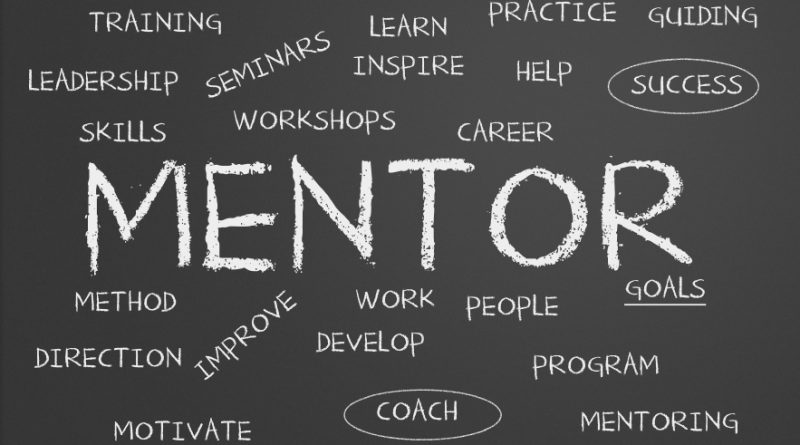Mentoring For All Generations
Great organizations realize that mentoring is a key strategy for leaders to improve employee engagement and adaptability. Gone are the days of knowledge is power. Flexibility and creativity are today’s power, and adaptably is part of our daily routine. Some of the most obvious examples of the flexibility and adaptability each of us has grown used to are the weekly requests to update at least half of our smartphone apps.
And while mentoring builds skills, confidence and resilience for people from all generations, mentoring is a natural experience for Millennials. Call it mentoring or call it parenting, Millennial parents always mentored their children and encouraged them to see mistakes as learning opportunities. This is a great opportunity for organizations when it comes to motivating and retaining Millennial employees who by nature are on a constant quest to better themselves.
To be clear, seeing mistakes as learning opportunities and mentoring doesn’t mean employees can avoid responsibility; as leaders and mentors we have to make sure we always manage expectations. However, employee engagement, trust and retention are usually enhanced when mentees are able to discuss, reflect on and learn from challenging situations with someone they trust.
You Get Out What You Put In
Mentorship requires intentional investments of time and energy. As with most things everyone gets as much from mentoring as they put in whether they are the mentor, the mentee or even the organization.
As a mentee the more clearly you define your goals the more value you will get out of your mentoring relationship. I always recommend mentees come to each session with specific questions to ask and/or situations where they would like support. This is easier than it may sound; for example, I’ve find keeping a micro-diary of questions or situations I have experienced makes a big difference in the quality of discussions I have. I also find that when I keep my own micro-diary my subconscious keeps working on the questions and situations I’ve logged. Because of this I become more aware of my feelings, impact and potential next steps. Then, when I get to my mentoring session, I am far more prepared to have insightful discussions.
As a mentor you have to be even more aware of your goals and responsibilities. You are the leader here which means you have to stay balanced between their goals and values and your goals and values. And while you have knowledge and experience, you also have to let your mentee make their own decisions… and not take it personally when they do things differently than you would. You are there to help your mentee think differently, challenge them, push them to consider different points of view. So, if your mentee does things differently than you, it means you are doing a great job of creating an independent thinker. But this isn’t all about them, being a mentor is a great learning opportunity for you to be challenged by new ways of thinking… especially if it is a formal two-way mentoring relationship.
Set Ground Rules
You both have to be ready to work at building a trusting, respectful relationship. Trust is the key. Everyone involved has to feel safe and know each other is committed to the process.
Mentoring works best when you both agree your mentoring relationship will be a two-way-learning opportunity where wisdom and experiences are shared. Even if the primary purpose is focused on one person the mentor should still get lots of personal and professional satisfaction helping someone grow, similar to how they may have been helped years ago.
It’s also important everyone agrees to come to meetings prepared, on time and with an open mind. Honesty will go a long way to building trust. At the first meeting I recommend the mentor and mentee should discuss mutual goals and what each of you expect from the other. I also recommend you both update these goals and expectations regularly. One ground rule I like to clearly state is that I acknowledge the mentee isn’t expected to follow a mentor’s advice, but they are expected to listen with an open mind and evaluate it without prejudice.
Conclusion
If you are looking to create lasting change in your organization look at how you can introduce mentoring into your corporate culture. Mentoring for all generations provides employees great growth opportunities. By encouraging a positive approach in all aspects of their business and relationships, organizations soon see their work environments becoming more joyful, creative and productive.
Bruce Mayhew is an executive coach, corporate trainer & conference speaker. He specializes in soft skills like leadership, generational differences, difficult conversations training, change management, time management and email etiquette.
http://www.brucemayhewconsulting.com

